Much, many, a lot... (B1)
Na Landigo se dnes zaměříme na pokročilejší gramatiku slovíček vyjadřujících množství – MUCH, MANY, A LOT, LITTLE a FEW.
Much, many, a lot – procvičování:
Další související lekce:
- Much, many, a lot (A1)
- Little, few (A1)
Many of the tourists come to see the Golden Gate Bridge in San Francisco.
|
many of the tourists
|
|
many tourists
|


Nejdříve si připomeňme základní použití MANY, MUCH, A LOT... s počitatelnými podstatnými jmény (apples, people...) a nepočitatelnými (money, water...):
| Počitatelné | Nepočitatelné |
|---|---|
| many | much |
| a lot of | a lot of |
| few | little |
Základní použití ve větách:
| Kladná | Záporná/otázka |
|---|---|
| (many) | many |
| a lot of | (a lot of) |
| much | much |
V závorkách jsou výrazy, které jsou v daném typu věty o něco méně běžné.
Základní použití podle kontextu:
| Pozitivní | Negativní |
|---|---|
| a few | few |
| a little | little |
Lee is quite fit now. He spends a lot of time at the gym.
| Kladná věta: |
|
a lot of time
|
| much time |


Pokročilejší gramatika:
- Ve všech typech vět lze použít TOO MANY/MUCH, SO MANY/MUCH a AS MANY/MUCH AS:
It's too much.It isn't too much.Is it too much?
- Pokud je MANY a MUCH před THE, THIS, THEM..., použijeme OF:
many of the applesmuch of this water
- Ke slovesu se vztahuje MUCH, VERY/SO MUCH nebo A LOT:
Thank you very much.
- K přídavnému jménu/příslovci se vztahuje MUCH, SO MUCH nebo A LOT:
He's much better.He runs a lot faster.
- ONLY A FEW/A LITTLE se použije spíše v negativním kontextu:
Unfortunately, only a few apples are left.
TOO MANY/MUCH = všechny typy vět
Když je něčeho příliš, použijeme TOO MANY a TOO MUCH. TOO MANY/TOO MUCH můžeme dát do všech typů vět (= i do kladné oznamovací):
|
Don't you know eating too many bonbons (= an excessive amount of bonbons) is unhealthy?
|
|
Lucy needs a bigger closet. She has too many sweaters (= more sweaters than she could fit into the closet).
|
|
I don't like to carry too much cash on me.
|
|
This spaghetti has too much salt in it.
|
SO MANY/MUCH, AS MANY/MUCH AS = všechny typy vět
Pokud chceme zdůraznit, že je něčeho velké množství, použijeme SO MANY a SO MUCH. TOO MANY/TOO MUCH můžeme dát do všech typů vět:
|
I'm so sorry. I'm making so many mistakes (= a very large number of mistakes).
|
|
Why did you contact her after so many years (= a very large number of years)?
|
|
It's incredible. Nick has lost so much weight (= a very large amount of weight)!
|
|
How is it possible she still has so much energy?
|
Lze také použít AS MANY... AS, AS MUCH... AS (tolik... jako):
|
You're making as many mistakes as me.
|
|
Nick has lost almost as much weight as you.
|
There's too much sugar in the coffee. Why did you put so much in it?
| Všechny typy vět: |
|
too much sugar
|
|
so much sugar
|


You can eat as many doughnuts as you want!
| Všechny typy vět: |
|
Eat as many doughnuts as you want!
|
|
Drink as much coke as you want!
|


Many of the apples...
Much of this sugar...
Pokud je MANY/MUCH před THE, THIS, THEM, THEIR..., musíme přidat OF:
|
Many of the apples were rotten.
|
|
These phones are very expensive, many of them are over 1000 dollars.
|
|
How much of this sugar will you need for the cake?
|
|
Much of their advice wasn't helpful.
|
Many of the flights have been cancelled because of bad weather.
|
many of the flights
|
|
many flights
|
| many the flights |

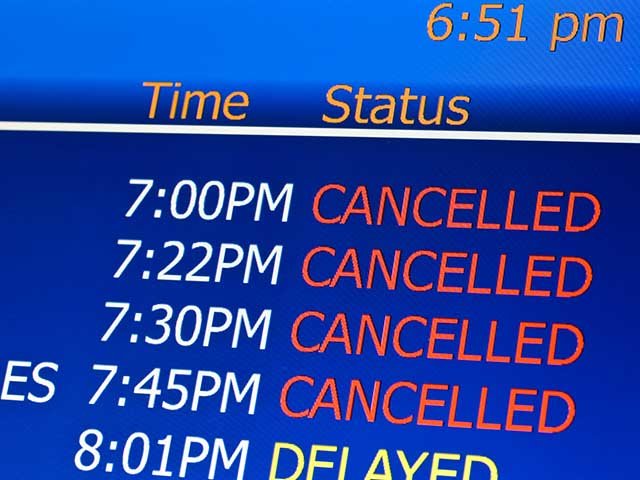
I don't want to spend much of my money on a new car.
|
much of my money
|
|
much money
|
| much my money |


Thank you very much/so much/a lot!
Ke slovesu (thank, eat, love...) se vztahují MUCH, VERY MUCH, SO MUCH a hovorovější A LOT:

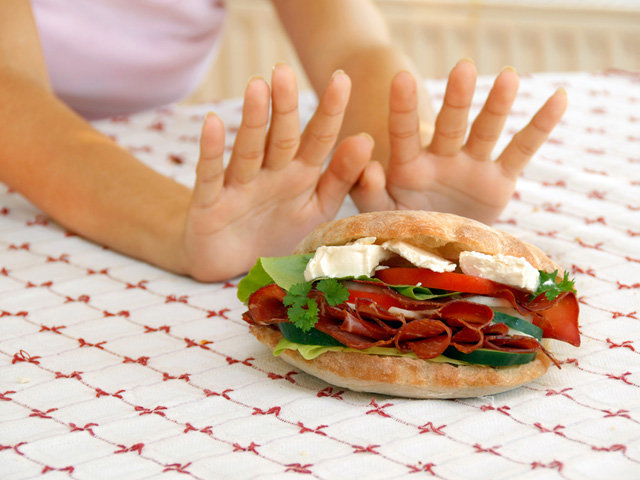






VERY MUCH, SO MUCH a A LOT lze použít v jakémkoliv typu vět (= i v kladné oznamovací):
|
Simon cares very much about his family.
|
|
They don't like fruit very much.
|
|
Why do you hate running so much?
|
|
Thank you very much! I appreciate your help so much.
|
|
Have you seen Erika a lot this year? – Yes, quite a lot.
|
MUCH použijeme obvykle pouze v záporné větě nebo otázce:
|
I didn't catch much of his speech.
|
|
Did you catch much of his speech?
|
Nikoliv: I caught much...
I'd like to thank you so much for all your comments.
| Kladná věta: |
|
I'd like to thank you so much.
|
|
I'd like to thank you very much.
|
| I'd like to thank you much. |


When Daniel finished university, he started travelling a lot.
| Kladná věta: |
|
He travelled a lot.
|
| He travelled much. |


Much = very often
V neformální angličtině se MUCH někdy používá s významem VERY OFTEN/FREQUENTLY:
|
Do you see Caleb much? (= very often)
|
|
We don't see each other much. (= very frequently)
|
Since I moved away from my parents, I haven't seen my dog much.
|
I haven't seen him much.
|
|
I haven't seen him very often.
|

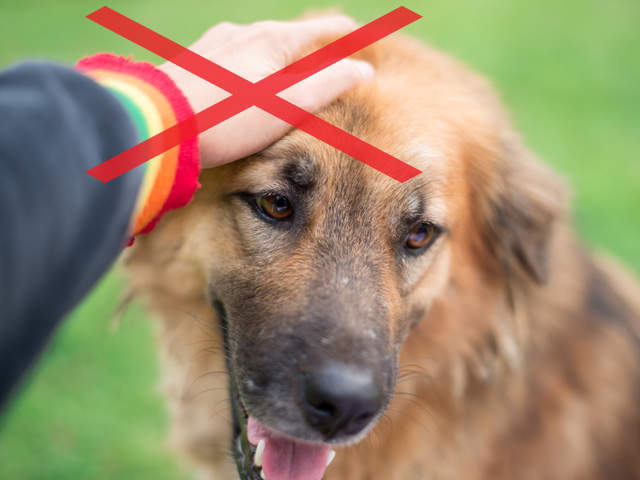
Much better, so much better, a lot better
K přídavnému jménu/příslovci ve druhém stupni (better, more, younger...) se vztahuje MUCH, SO MUCH a A LOT:
|
I feel a lot better now that I rested a bit.
|
|
The second movie was so much worse than the first one.
|
|
Patrick reckons your job isn't much more difficult than mine.
|
|
Are you much younger than your brother?
|
Všimněte si, že takové použití je možné ve všech typech vět.



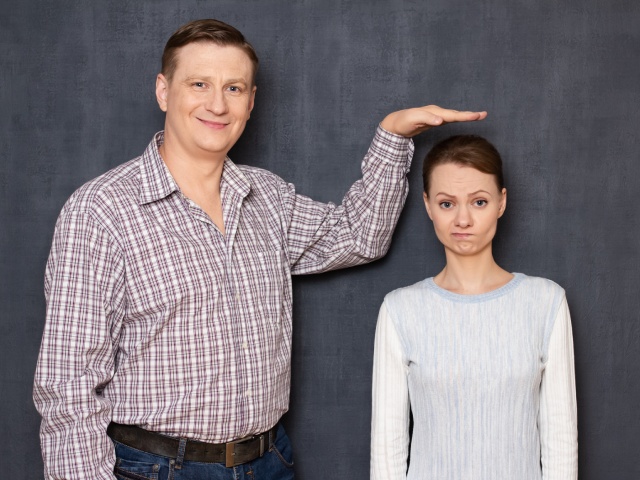




Did you have to wait much longer than you expected? – Yes, so much longer.
| Všechny typy vět: |
|
much longer
|
|
so much longer
|
|
a lot longer
|

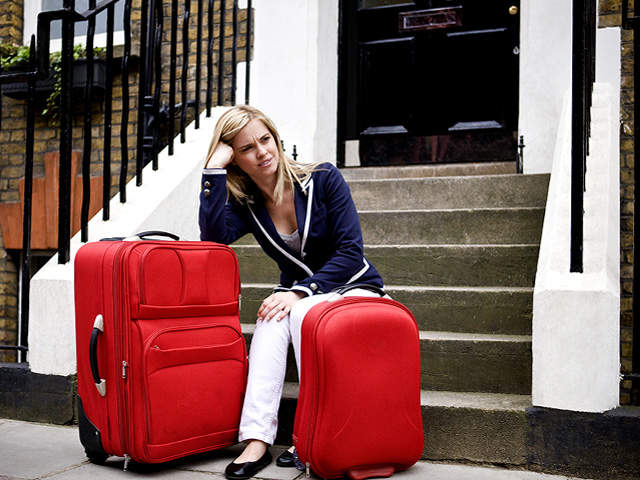
Only a few/a little = negativní
Obecně platí, že FEW/LITTLE (málo) má negativní význam, zatímco A FEW/A LITTLE (pár; několik; trochu) má pozitivní význam:
| Negativní | Pozitivní |
|---|---|
|
I have bad news. There are few apples. (= not as many as we would need)
|
I have good news. There are a few apples. (= some apples)
|
|
The shop isn't doing well. We've made little money.
|
The shop is doing well. We've made a little money.
|
ONLY A FEW a ONLY A LITTLE používáme spíše v negativním kontextu:
|
There are only a few apples on the tree. That won't be enough for the pie.
|
|
We'll have to close the shop down. We've made only a little money.
|








Unfortunately, only a few girls could play, so we had to postpone the match.
| Negativní: |
|
only a few girls
|
|
few girls
|


Much, many, a lot – nejdůležitější body:
- TOO MANY/MUCH, SO MANY/MUCH a AS MANY/MUCH AS lze použít ve všech typech vět.
- Pokud je MANY a MUCH před THE, THIS, THEM..., použijeme OF:
many of the apples
- Ke slovesu se vztahuje MUCH, VERY/SO MUCH nebo A LOT:
Thank you very much.
- K přídavnému jménu/příslovci se vztahuje MUCH, SO MUCH nebo A LOT:
He's much better.
- ONLY A FEW/A LITTLE se použije spíše v negativním kontextu:
Unfortunately, only a few apples are left.
Doporučujeme si procvičit MUCH, MANY, A LOT... v našich cvičeních.
